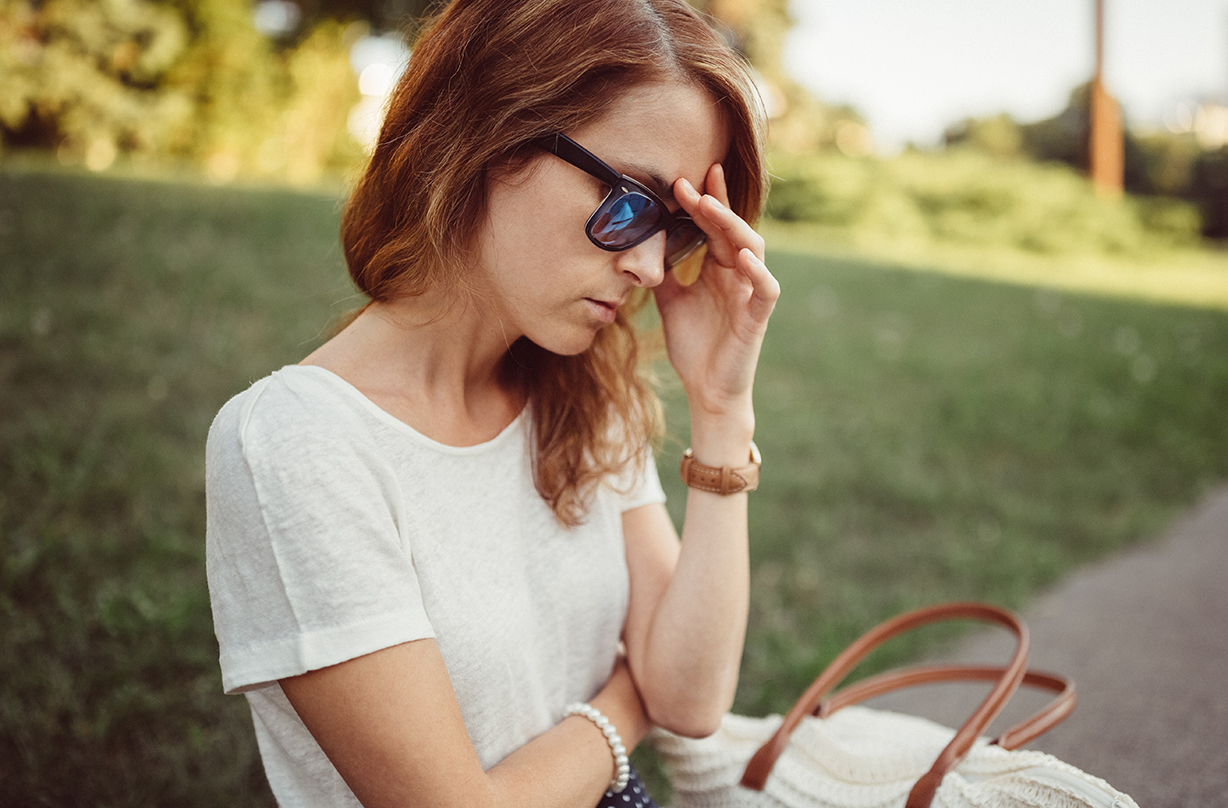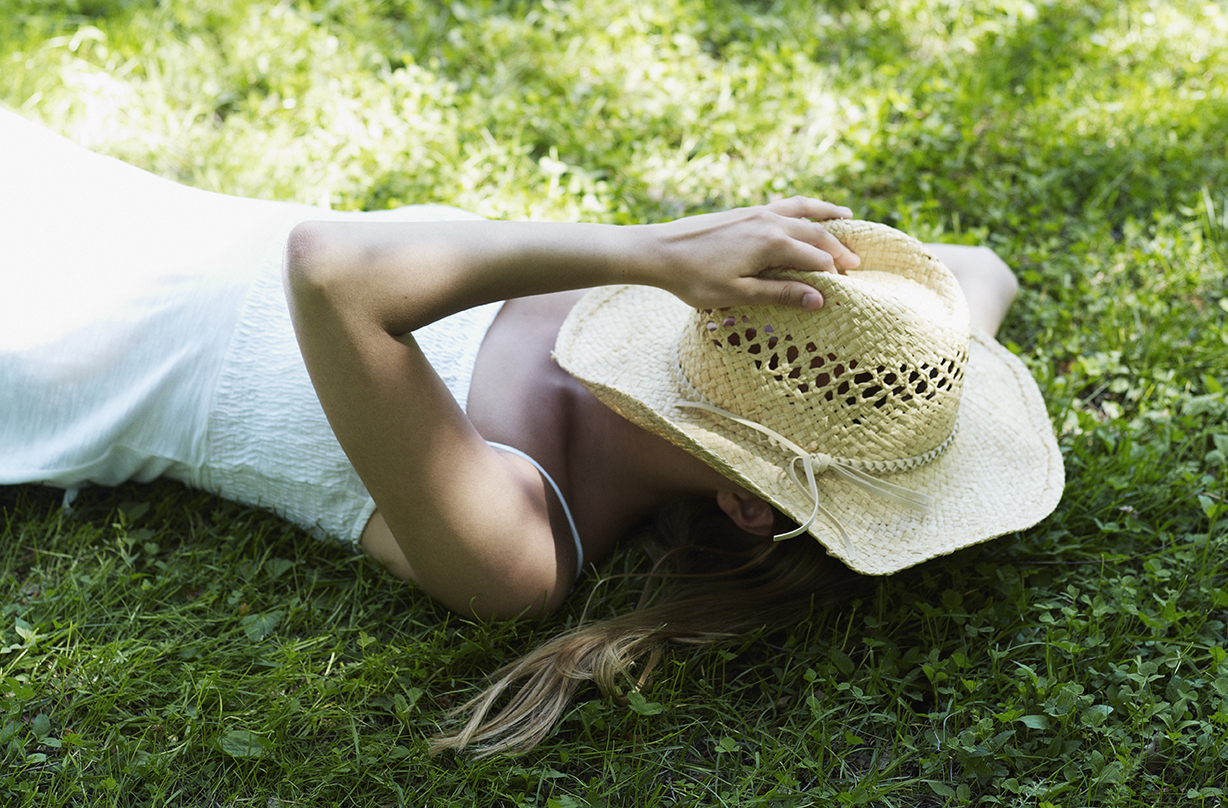Why migraine sufferers could have a hard week
If you’re one of the 14.7% of people globally that’s a migraineur, summer can be a particularly difficult time


For many, the thought of basking in temperatures of 30 degrees or more is something to look forward to, but for migraine sufferers the opposite could be true.
In summer, heat, dehydration, changes in air pressure and disruption to our daily routine can trigger a migraine. Even people who don’t get migraines may find themselves getting more headaches than usual for the same reasons.
“Heat increases stress on the body due to the sheer effort of maintaining a safe body temperature,” explains Parvinder Sagoo, clinical advisor at Simply Meds. “Your heart rate increases and blood vessels move towards the surface of the skin to help heat escape. This results in sweating which draws water away from joints, muscles and the brain.”
The outcome of our reaction to heat and dwindling water levels can be dehydration, which may cause all manner of unpleasant symptoms including headaches, dizziness, nausea and confusion.

“It is important to drink plenty and keep physical exertion to a minimum. Those who do physical work must ensure they drink regularly and replace the water they are losing,” recommends Parvinder.
But if you’re one of the 14.7% of people globally that’s a migraineur, summer can be a particularly difficult time.
As well as sleeping and eating less and drinking more in a heatwave – all prime triggers for those debilitating headaches – there are numerous other factors.
Parenting advice, hot topics, best buys and family finance tips delivered straight to your inbox.
“While heat may trigger migraines more frequently in some sufferers, it’s likely the lifestyle changes relating to hot weather trigger migraines more than the heat itself,” says Parvinder, adding that “stress, hormones, bright lights and changes in weather pressure can cause the onset of a migraine attack.”
MORE: 18 tips on how to keep cool in hot weather
So, does that mean summer’s off for the 1 in 7 people in the UK who get migraines? “The only way to prevent an attack in extreme weather conditions is to identify triggers and take extra care to avoid such triggers,” says Parvinder.
And because medication doesn’t work for everyone it’s beneficial to be one step ahead of your condition.
“Migraine forecasting involves recording everything you do, eat or drink, and experience to identify a pattern,” explains Parvinder. “There are lots of phone apps to help you to record attacks and possible triggers.”
As well as avoiding known triggers Parvinder recommend a number of tips for migraine sufferers...
Best things to help migraines
- Drink plenty of water
- Keep cool
- Avoid direct sunlight between midday-3pm
- If you go outside wear a hat that protects your head and neck, and dark sunglasses
- Exercise indoors in a cool or air-conditioned environment
- Lie down with a cold compress on your head if you’re feeling tired and can feel a migraine coming on.
If you’re suffering from migraines, contact your GP.

Debra Waters is an experienced online editor and parenting writer. She also has a strong background on health, wellbeing, beauty, and food. She currently writes for Goodto and Woman&Home, and print publications Woman, Woman’s Own, and Woman’s Weekly. Debra has written for What to Expect, Everyday Health, and Time Out. In addition, she has had articles published in The Telegraph and The Big Issue.